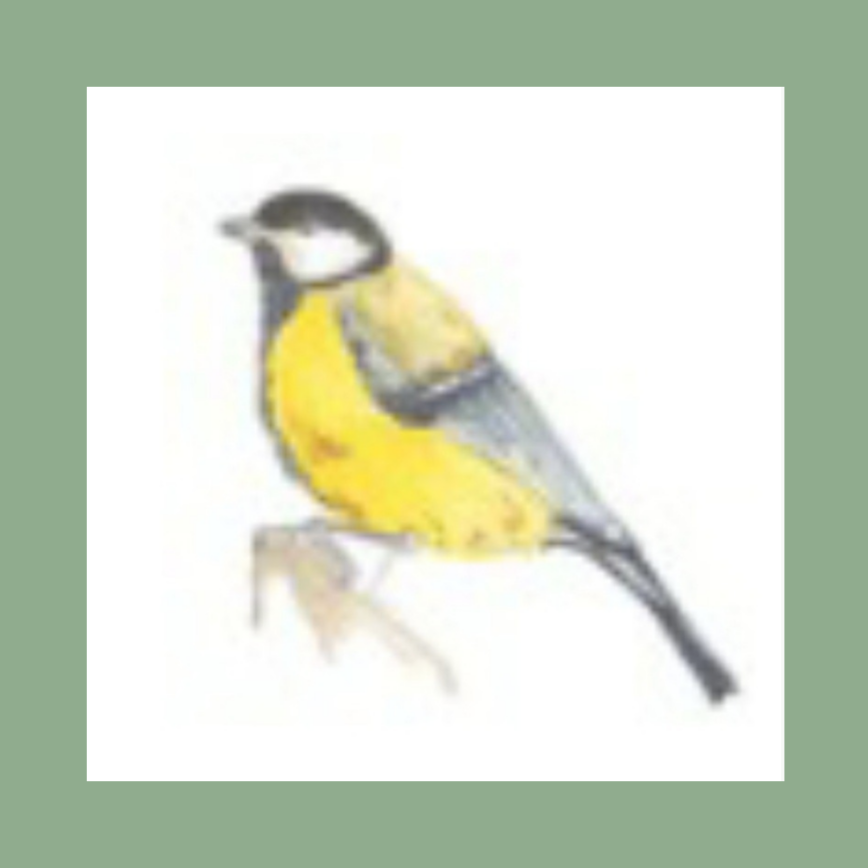
Nature journaling can be such a powerful tool. Being in nature for children can be relaxing but can also open up curiosity and give them the confidence to ask questions.In this blog post we will explore how to effectively use nature journaling to enhance your language learning journey.
Why Nature Journaling?
Nature journaling provides such a unique experience that can greatly benefit language learners young and old. By observing and documenting what you see around you in a journal, you engage multiple senses and create lasting memories, making the learning experience more meaningful.
Getting Started with Nature Journaling
This is the bit that I always find tricks, getting started and motivated!
To start your nature journaling journey, find a topic that your child is interested in such as trees, bees, woodland animals, pondlife etc. or find a quiet and peaceful spot in nature where you can comfortably sit and observe. Bring along your chosen nature journal (this could be just some paper that you will place into a folder later or a notebook dedicated to nature journaling) and writing and painting equipment and off you go. It could also be a part be your language learning notebook, have a read here about setting one up.
Observing Nature
Whilst taking the time to carefully observe your chosen topic try to notice the colours, shapes, and patterns of the plants and/or animals that you are observing. Look how to build in your foreign language of choice such as colours or parts of the animal etc that is being observed. Even try to work out some short and easy sentences related to the topic.
You can mould this language learning nature journal in a way that suits your child’s needs and particular age range. Some of the examples listed below are for slightly older children but could be simplified for younger children.
Journaling Techniques for Language Learning
When it comes to journaling, there are various techniques you can use to enhance the language learning process. Here are a few suggestions:
- Describe what you see: Take a moment to describe your observations around you in your journal. Practice using descriptive language to paint a vivid picture of your surroundings.
- Reflect on your feelings: Nature journaling is also an opportunity to express your emotions. Write about how the natural world makes you feel and the impact it has on your language learning journey.
- Connect with personal experiences: Relate your observations to your own experiences. Draw connections between what you see in nature and your language learning progress. This will help you memorise new vocabulary and concepts more effectively.
Enhancing Vocabulary and Grammar
Nature journaling can significantly expand your vocabulary and improve your grammar skills. Here are some practical ways to achieve this:
- Word association: Create word associations by linking for example the names of plants and animals, with their corresponding vocabulary words in your target language. This technique helps you retain new vocabulary more easily.
- Grammar exercises: Incorporate grammar exercises into your journaling practice. Write sentences or short paragraphs using specific grammar structures you are studying. Experimenting with grammar in a natural context will reinforce your understanding and boost your fluency.
Sharing and Reflecting on Your Journal
Consider sharing your nature journal with a language exchange partner, tutor, or even online language learning communities. This provides an opportunity to receive feedback and engage in conversation about your observations. Reflecting on your journal with others can deepen your understanding of the language and help you make further improvements.
Conclusion
Nature journaling is a creative and effective way to enhance your child’s language learning journey. By immersing in the beauty of nature and practising your language skills through journaling, you can improve your vocabulary, grammar, and overall language proficiency. So grab your notebooks, head outside, and embark on this enriching adventure that combines language learning with the wonders of nature.
If you are looking at more ideas for nature jounaling, take a look at my affiliate link from Raising Litte Shoots . If you are looking for some activies with regards to nature with some vocabulary and simpletr sentences thrown in then check out my book The Outdoor Bilingual Learner.
Have fun learning languages!


